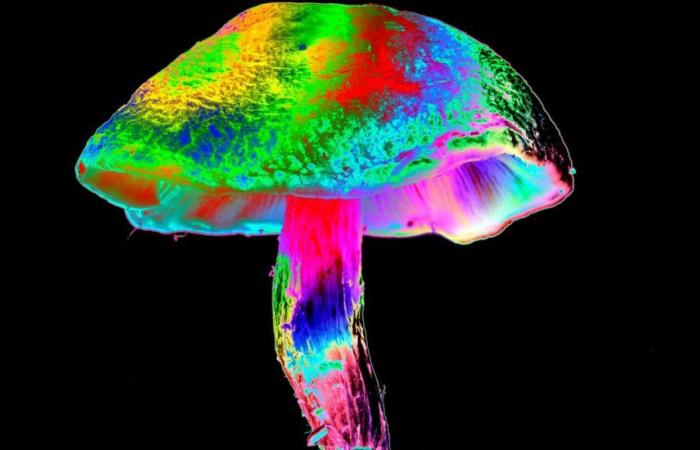Psychedelics are psychoactive molecules known for their hallucinogenic effects. Some of these compounds are part of very ancient rituals, notably ayahuasca in Latin America. In the West, research on these substances began in the 19th century, but research has really accelerated since the 2010s. Current research is exploring their effects on resistant depression but also on other disorders, such as drug addiction. alcohol and tobacco.
Reconnect neurons, heal the mind
The first studies show encouraging results with a remission of 30 to 50% of patients after one or two administrations of psilocybin accompanied by increased psychotherapy. These rapid effects contrast with traditional treatments. However, additional studies are necessary before considering their marketing. Where is the research? How do they work? Are these molecules more dangerous than classic antidepressants? Answers with Lucie Berkovitch is a psychiatrist at Saint Anne hospital in Paris and head of the psychedelic axis of the neuromodulation institute.






